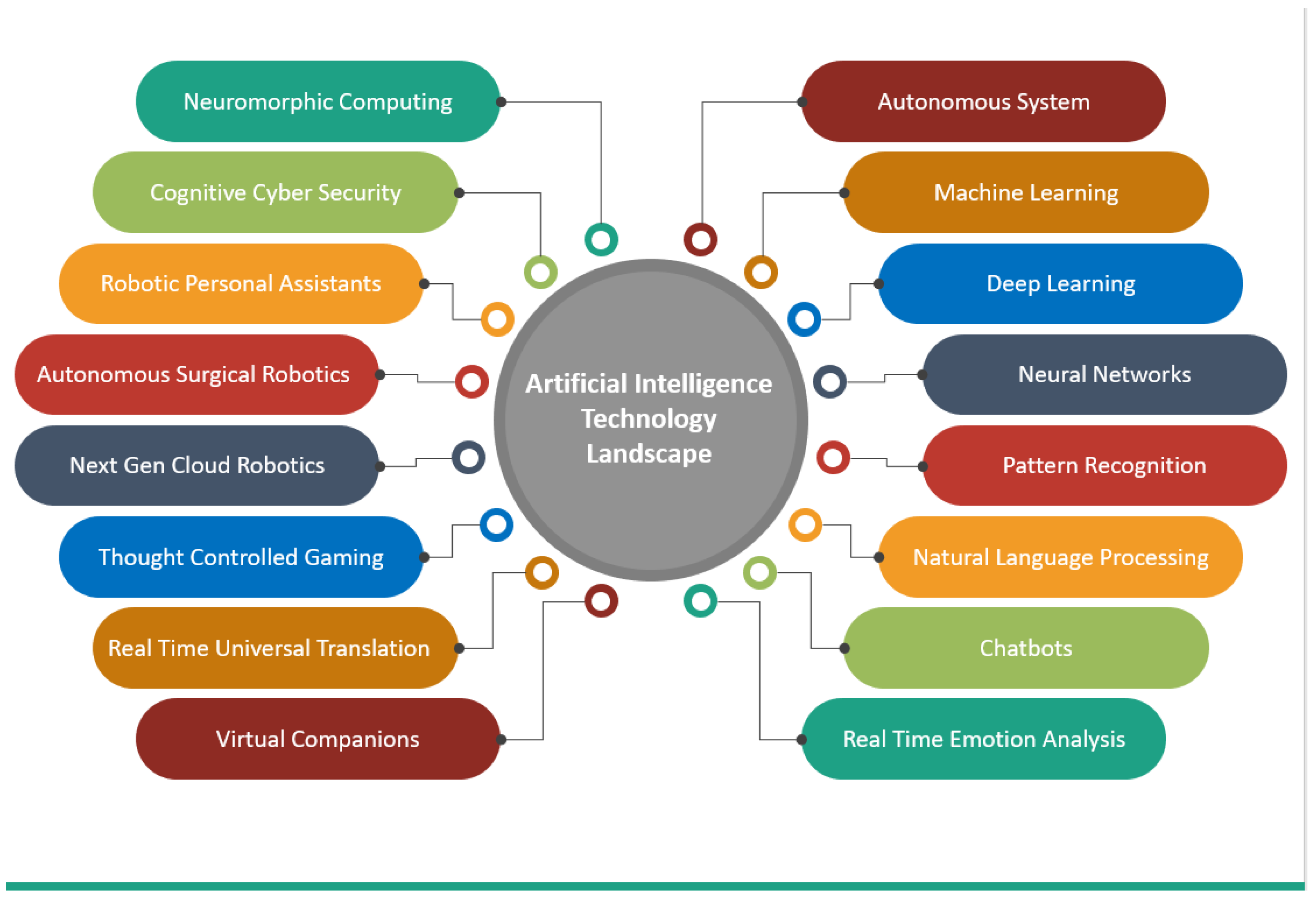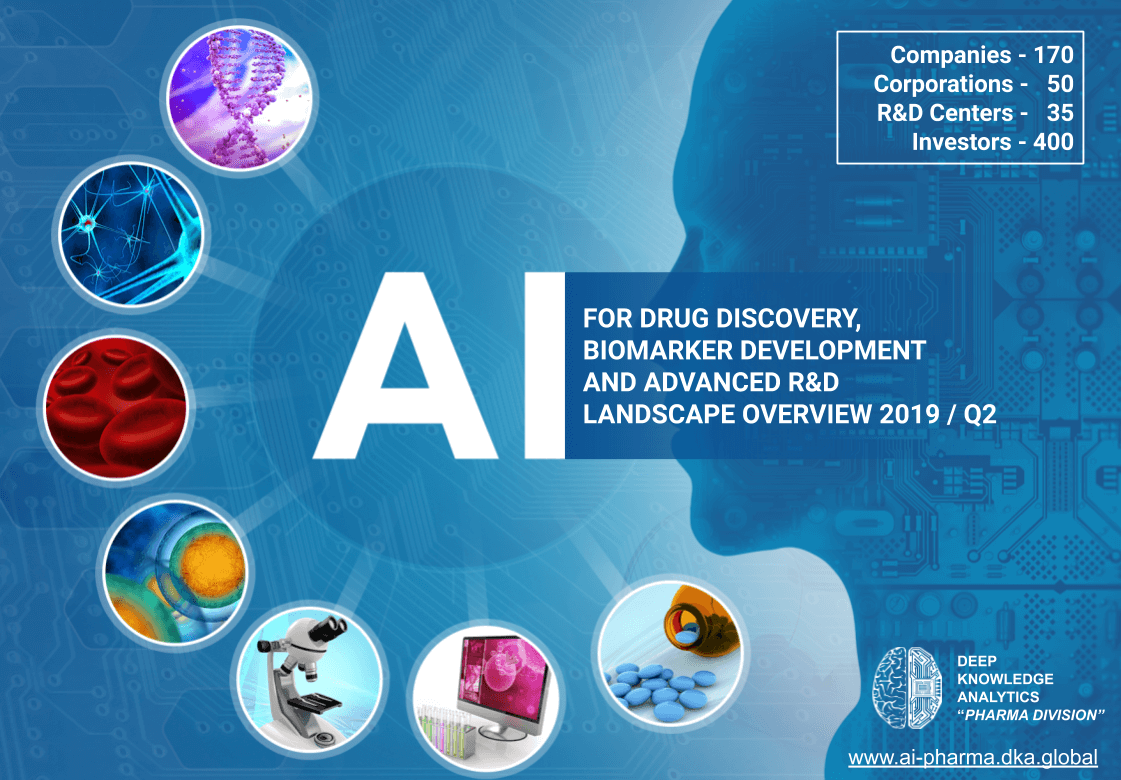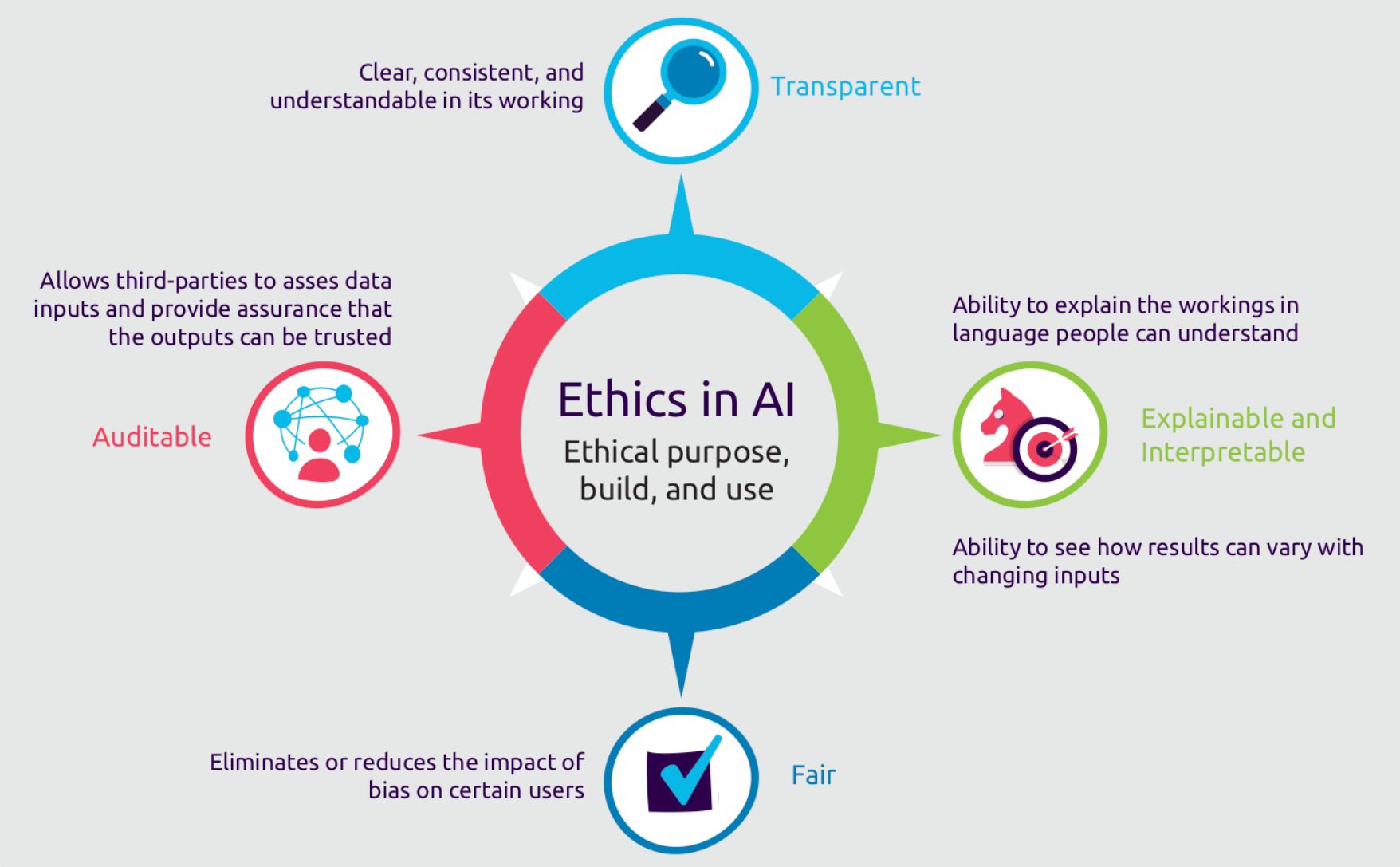AI’s Growing Role in Scientific Advancements
Artificial Intelligence (AI) and Machine Learning are revolutionizing scientific discovery. They accelerate data analysis, predict outcomes, and uncover hidden patterns in vast datasets. Across disciplines, AI is enabling researchers to achieve breakthroughs faster than ever before. It can process complex information and reshape how science is conducted. This offers unprecedented opportunities for innovation in fields like medicine, climate science, and astrophysics.

Transforming Drug Discovery with AI Models
In pharmaceutical research, AI models predict molecular interactions. They optimize drug compounds. This significantly speeds up the drug discovery process. This technology reduces the time and cost associated with traditional methods, allowing scientists to focus on innovative treatments. AI analyzes biological data with precision. It opens new frontiers in personalized medicine and disease prevention. This ultimately improves patient outcomes worldwide.

Enhancing Climate Science with AI Simulations
AI benefits climate science by enhancing the accuracy of climate models. It also improves predictions about global warming and extreme weather events. Massive amounts of environmental data are processed by AI systems, enabling scientists to develop better mitigation strategies. These advancements are critical for policymakers addressing the climate crisis. They ensure that decisions are informed by reliable and actionable insights.
Unveiling Cosmic Mysteries Through AI Algorithms
In astrophysics, AI algorithms are analyzing astronomical data. They detect exoplanets, gravitational waves, and other cosmic phenomena. Telescopes and space missions generate enormous datasets, and AI’s ability to sift through this information is leading to groundbreaking discoveries. AI is expanding our understanding of the universe. It helps humanity explore questions that were once considered beyond reach. This pushes the boundaries of scientific knowledge.
Addressing Ethical Concerns in AI-Driven Science
However, the integration of AI in science raises ethical concerns. These include bias in algorithms, lack of transparency, and accountability in decision-making. Ensuring that AI systems are fair and explainable is crucial to maintaining trust in scientific research. Policymakers and researchers must work together to establish guidelines for responsible AI use. This collaboration ensures that technological advancements do not compromise ethical standards. It also maintains public confidence.

Balancing Innovation with Ethical Oversight
As AI continues to evolve, its impact on scientific discovery will only grow. Balancing innovation with ethical considerations will be key to harnessing its full potential. The future of science is increasingly intertwined with AI. This promises unprecedented advancements in understanding. It also aims at solving some of humanity’s greatest challenges. However, we must carefully oversee AI development. Collaboration will be essential to ensure that AI serves as a force for good in the scientific community and beyond.











Leave a Reply